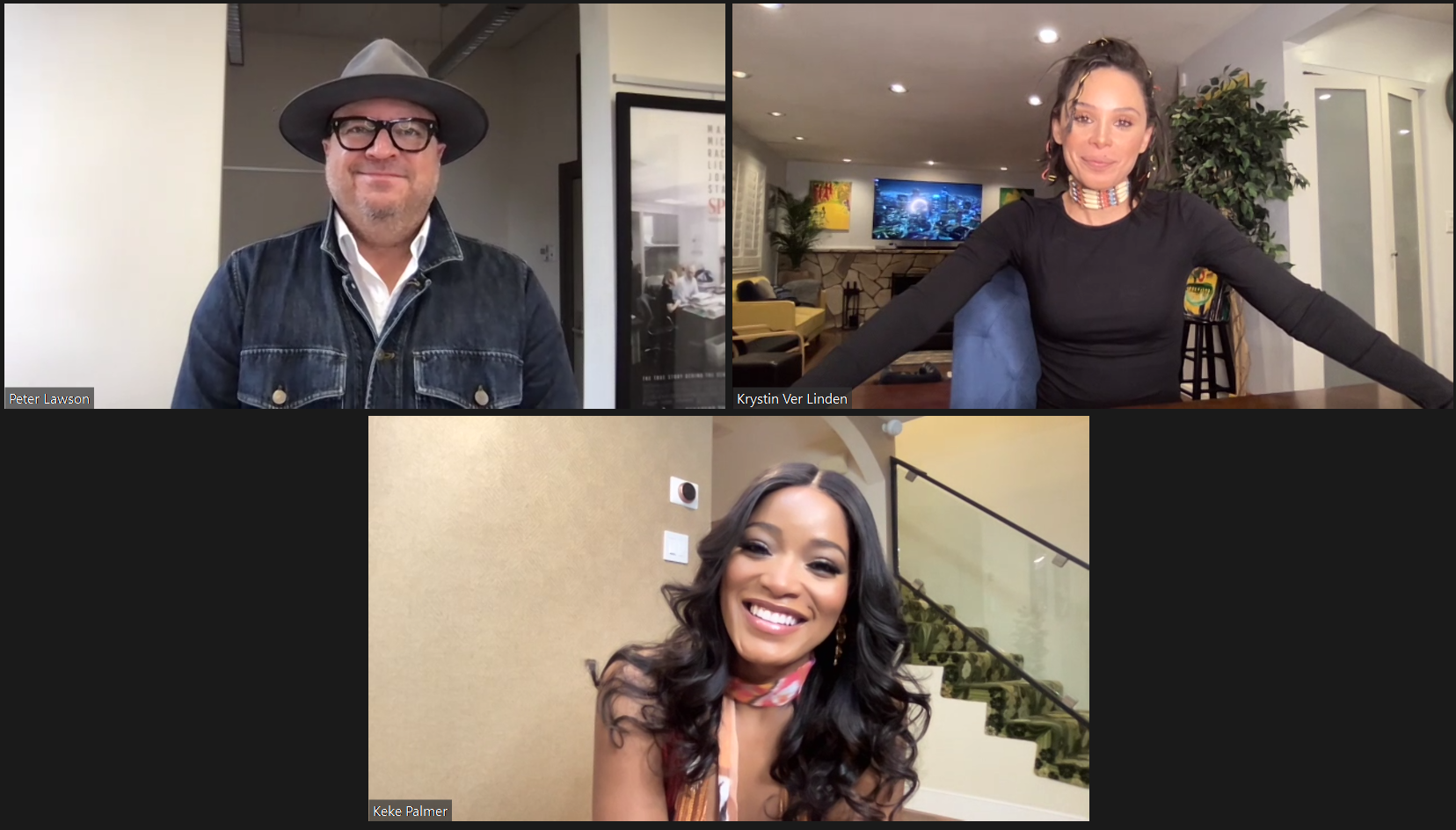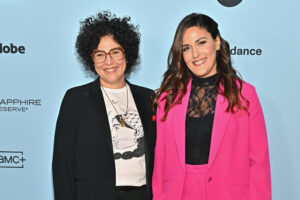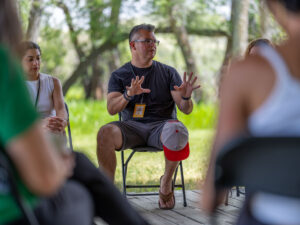By Stephanie Ornelas
In this day and age, it’s shocking to discover that the truth about many atrocities committed against minorities has been omitted from history books, but it’s not surprising. Alice brings to the forefront the growing urgency of seeking truth when there is seemingly none.
Keke Palmer plays the titular role of a slave who escapes captivity from a 19th-century plantation in Georgia and finds that the year is now 1973. The film shocks viewers by displaying the horrific realities of slavery in the first act in a very unsettling manner, giving the sense of a pure period piece with a tone and pacing to match.
The film further jolts the audience by yanking them from the 1800s and dropping them into the middle of the civil rights movement. As Alice literally (and figuratively) emerges from her old world and into the new and current, she’s found by a disillusioned political activist named Frank, a connection that meshed beautifully with the new tone and era she stepped into.
Writer-director Krystin Ver Linden immediately captivated audience members during the post-screening Q&A when she revealed that she drew her inspiration from real live events.
“I began reading through articles and the stories just blew me away,” says Ver Linden. “I was in disbelief. Days later I started writing the script.”
Ver Linden was joined by executive producer Peter Lawson and actor Keke Palmer, as they discussed the film’s character development and the message they were trying to convey.
“Activism is shown in many different ways,” says Ver Linden, “and the relationship between Frank and Alice is symbolic of how it only takes one person to have a conversation.”
Palmer delivers an emotionally-charged performance as a character who’s entire world transforms throughout the film, giving audience members the liberation they’ve been seeking.
“I wanted to revisit history in a way that didn’t leave you feeling sad like all the other stories [they tell about us],” says Palmer.
“There were tough things to watch [in this film], but the way it came back full circle made me proud and empowered. It gives this idea of hope and I really wanted to share that with the audience.”
Throughout the film there are countless times where you witness Alice come to the realization that she — and countless others still held at the plantation — have been lied to for years. As rage ensues and a full transformation is visually and mentally complete, Alice sets out on a quest of revenge and resilience, proving that some things can’t hide forever.








